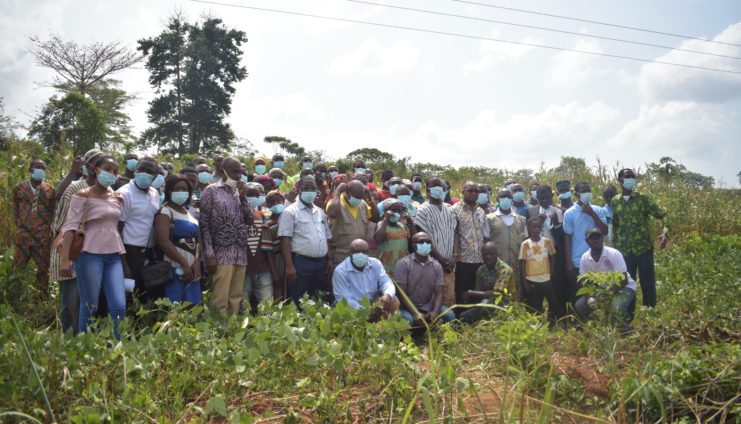Soil fertility decline has been identified across the country as a factor contributing significantly to low yields of crops.
The Soil Research Institute is introducing appropriate soil fertility and water management technologies to improve agricultural sustainability in Ghana.
The project was born out of financial support from the government of Canada through the Modernising Agriculture in Ghana (MAG) programme and the CSIR-Soil Research.
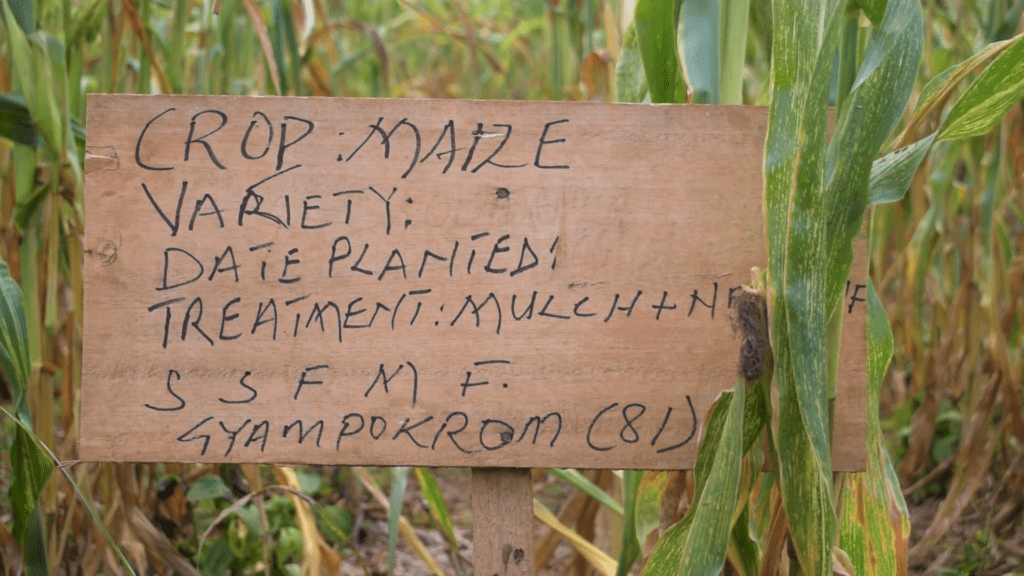
Maize accounts for more than 50 per cent of the country's total cereal production.
Maize production of Ghana improved from 384,000 tons in 1971 to 3,000 thousand tons in 2020. This average annual growth rate represents 8.79 per cent.
Despite these efforts, the average maize yield in Ghana remains one of the lowest in the world, much lower than the average for Africa south of the Sahara.
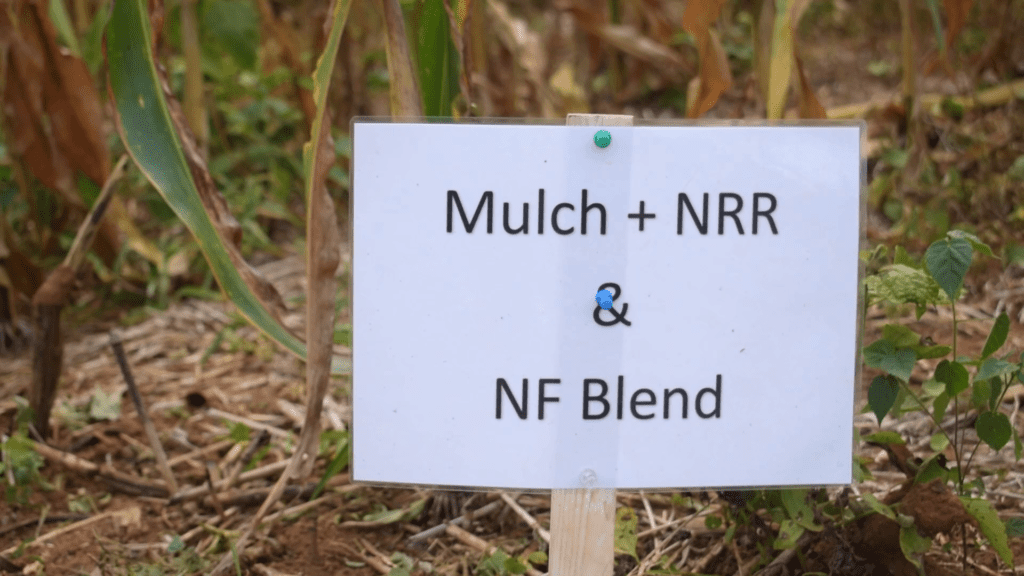
To increase maize yield in Gyampokrom near Sefwi Wiawso Municipality of the Western North Region, the Soil Research Institute has demonstrated some of its soil fertility management strategies in the region.
The Institute blamed soil infertility on inadequate amounts of water, removal of crops, weeds, leaching and erosion.
The new technologies; Bio char, Organic fertilizer (poultry manure compost) and Mineral fertilizer will address the rapidly decline levels of soil fertility.
The technologies also improve yields and make farming profitable.
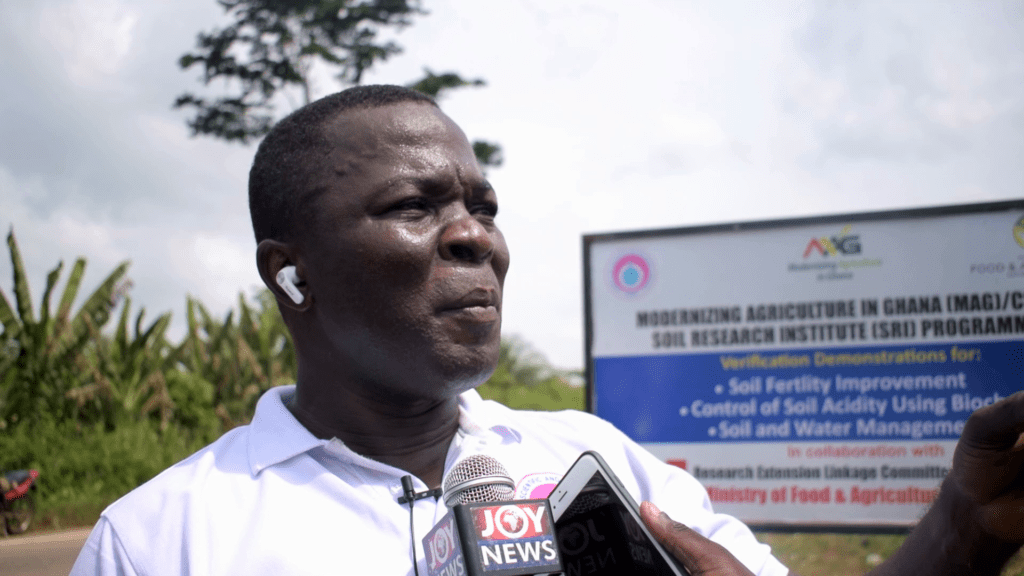
Dr. Emmanuel Dugan is a research scientist and the focal person for the MAG program.
He explained the use of compost and these new technologies will amend soil losses and improve yield for farmers.
"We are rolling these technologies to amend and improve soil fertility status to support the yield of maize and farmers.
"In addition, we have introduced a fertilizer blend. Instead of 15-15-15 NPK, we have now introduced 15-20-20 and zinc as micro nutrient.
"We have also introduced the bio char which improve soil moisture and nutrient retention. Use composes and half of mineral fertilizer, together will get a good yield," he said.
Assistant agric director for Sefwi Wiaso, Ebenezer Tei Kwannor, who represented the municipal chief executive officer, explained that, the program was borne out of governments committed to boost the agricultural sector and tackle unemployment.
"Farm inputs are increasingly becoming expensive for farmers to purchase to help increase the production of food for our country. This particular activity will feed into the broader vision of the government to ensure food sustainability and increase productivity in the agricultural sector to feed the populace and export food to neighboring countries," he noted.
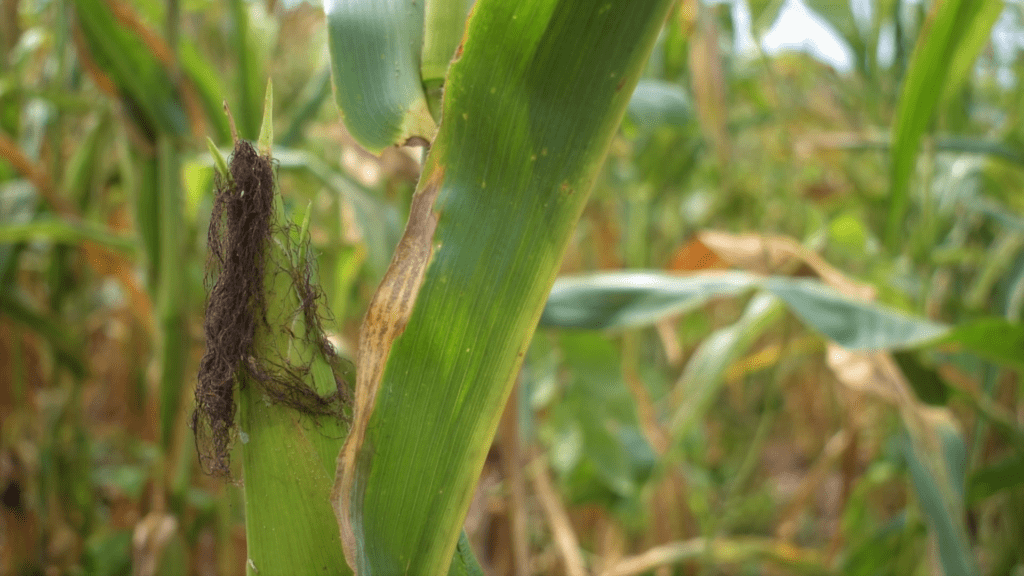
The paramount chief of Gyampokrom, Nana Yaw Kumi, encouraged farmers to adopt these news technologies.
"We farm every year, unlike in the past, things have changed in respect to the soil fertility. If farmers apply these technologies, it will make up for the problems we face with the soil," he noted.
A beneficiary farmer, Kwadwo Tawiah explained that, the new technologies will reduce cost of farming with fertilizer and afford farmers the chance to improve farming method to increase yields.
"This new process is not really difficult, but It is dependent on your finances. If only you can afford the fertilizer, the process will not be difficult.
"Your yield is not about having large acres of lands but the methods like these are the tricks to getting maximum yields. These new agric technologies have shown us how we can use rice leaves to conserve soil water, charcoal to detoxify the soil," he said.
Latest Stories
-
We didn’t sneak out 10 BVDs; they were auctioned as obsolete equipment – EC
1 hour -
King Charles to resume public duties after progress in cancer treatment
2 hours -
Arda Guler scores on first start in La Liga as Madrid beat Real Sociedad
2 hours -
Fatawu Issahaku’s Leicester City secures Premier League promotion after Leeds defeat
2 hours -
Anticipation builds as Junior Speller hosts nationwide auditions
3 hours -
Etse Sikanku: The driver’s mate conundrum
3 hours -
IMF Deputy Chief worried large chunk of Eurobonds is used to service debt
4 hours -
Otumfuo Osei Tutu II celebrates 25 years of peaceful rule on golden stool
4 hours -
We have enough funds to pay accruing benefits; we’ve never missed pension payments since 1991 – SSNIT
4 hours -
Let’s embrace shared vision and propel National Banking College – First Deputy Governor
5 hours -
Liverpool agree compensation deal with Feyenoord for Slot
5 hours -
Ejisu by-election: There’s no evidence of NPP engaging in vote-buying – Ahiagbah
5 hours -
Ejisu by-election: Independent ex-NPP MP’s campaign team warns party against dubious tactics
5 hours -
ZEN Petroleum supports Tse-Addo Future Leaders School
6 hours -
NPP must win back Adentan seat in 2024 polls – Obeng Fosu
6 hours

